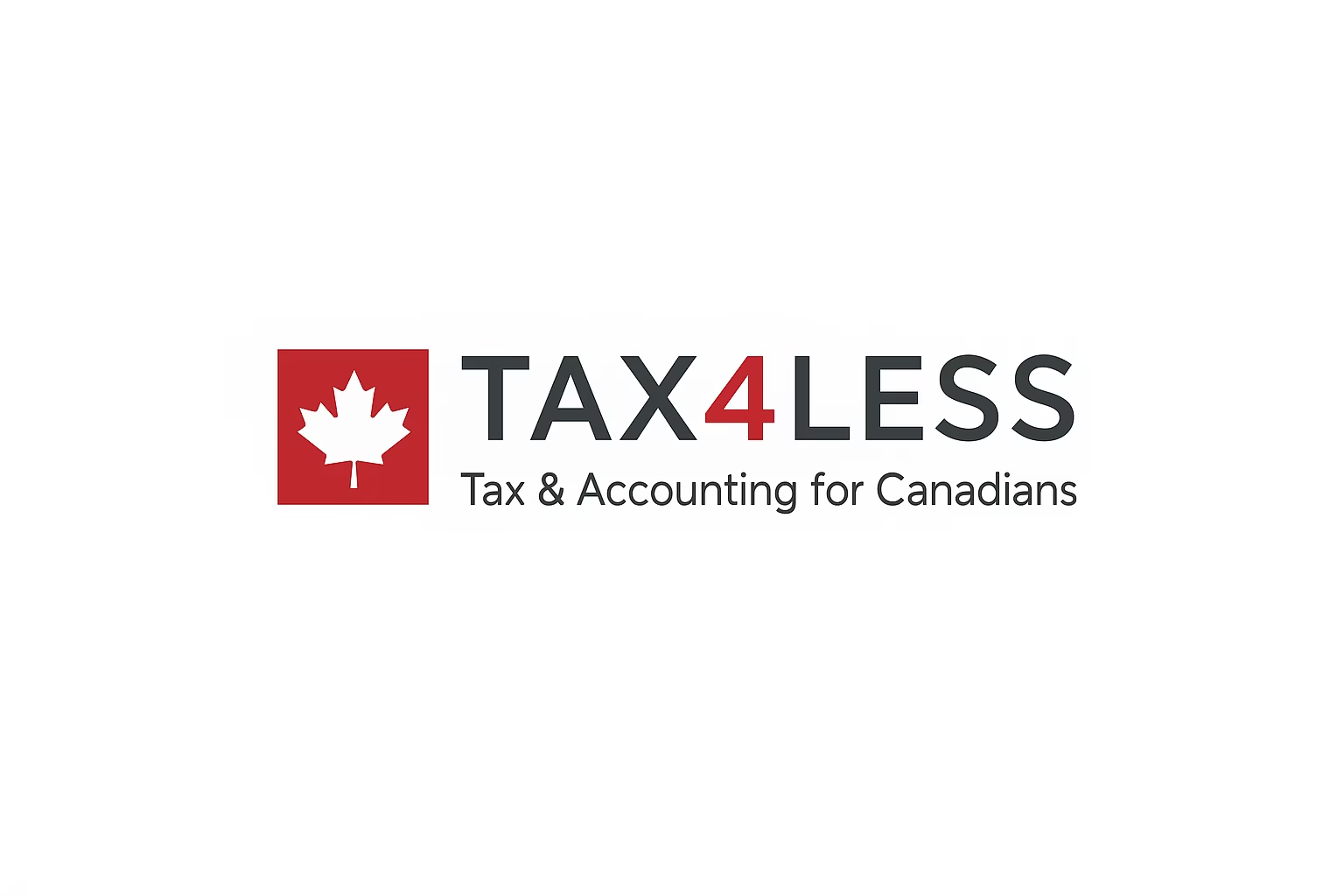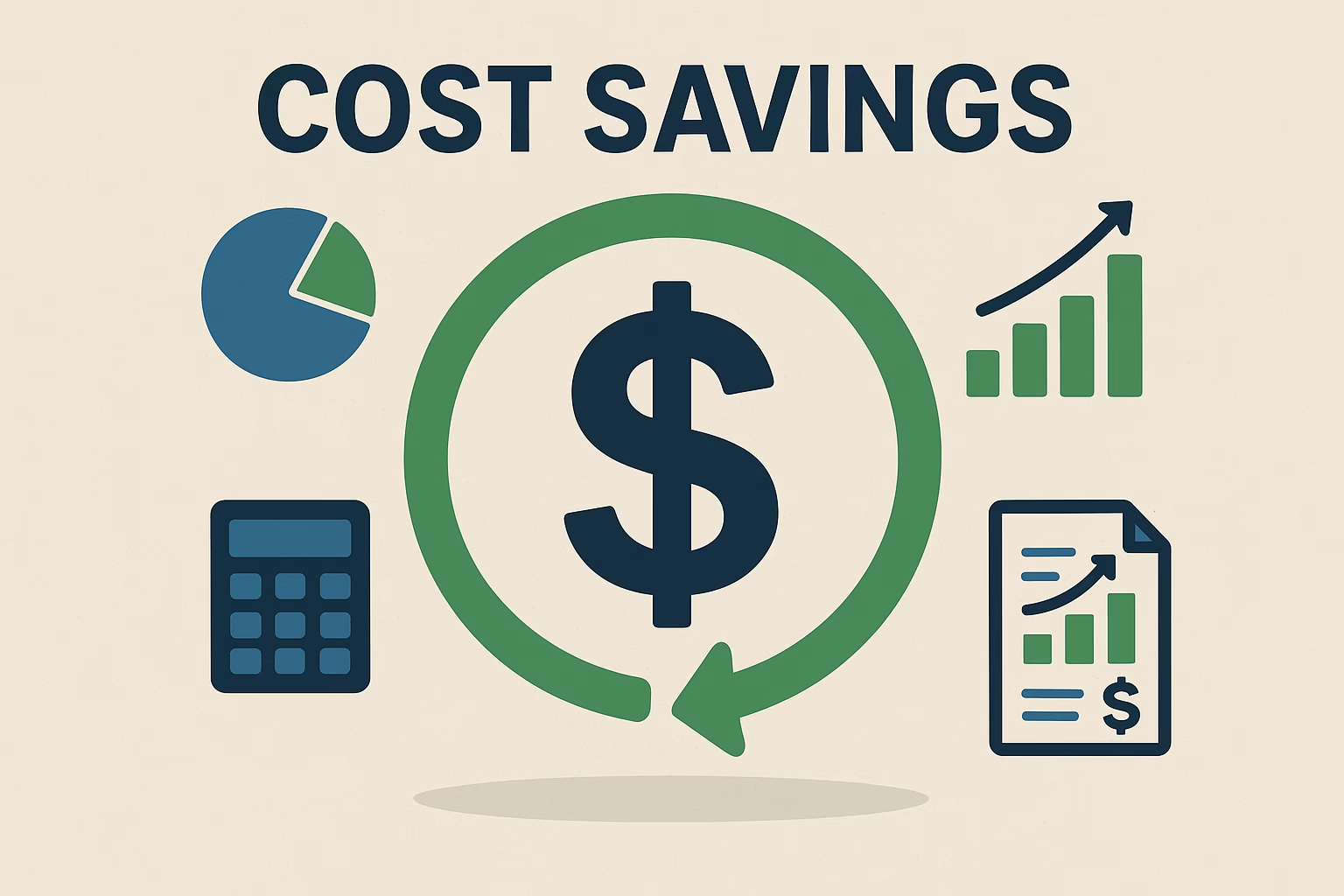Can a Super Visa Holder Earn Income in Canada?
Can Super Visa Holders in Canada Have to File Taxes? Can They Earn Income?
Do Super Visa Holders in Canada Have to File Taxes — and Can They Earn Income?
Canada’s Super Visa program allows parents and grandparents of Canadian citizens or permanent residents to stay in Canada for up to five years per visit, with multiple entries for up to ten years.
But one question often causes confusion:
👉 If you’re on a Super Visa, do you have to file Canadian taxes?
👉 And are you allowed to earn income while staying here?
Let’s break it all down clearly — with practical examples, CRA rules, and checklists.
🏠 1. The Super Visa and Tax Residency: Two Different Things
The type of visa you hold (visitor, Super Visa, work permit, etc.) does not determine whether you must pay taxes in Canada.
What matters to the Canada Revenue Agency (CRA) is whether you are a resident for tax purposes.
CRA looks at your residential ties, such as:
A home in Canada (owned or rented)
Living with family (your children or grandchildren)
Having Canadian bank accounts, driver’s licence, or health card
Staying in Canada for a long period of time
Even though a Super Visa is technically a “visitor” visa, long-term stays and close family ties often make the person a factual resident of Canada for tax purposes.
🧾 2. Tax Residency and What It Means
CRA recognizes several categories of tax residency:
| Residency Type | Description | Tax Obligation |
|---|---|---|
| Resident | You have strong residential ties and stay long-term (e.g., living with family for years) | Must file and report worldwide income |
| Deemed Resident | You stayed 183+ days in Canada in a calendar year | Must file and report worldwide income |
| Non-Resident | You visit temporarily and keep your main home abroad | File only if you earn Canadian-source income (like rent or investments) |
📆 3. After 4 Years in Canada — You’re Likely a Tax Resident
If a Super Visa holder has been in Canada for four years, lives with family, has a health card, and uses Canadian banking, they are almost certainly a factual resident for tax purposes.
✅ That means:
They must file a Canadian tax return (T1) every year.
They must report all worldwide income (both from Canada and abroad).
They can claim foreign tax credits to avoid double taxation.
💰 4. What Kind of Income Is Allowed for Super Visa Holders?
While Super Visa holders can’t work in Canada, they can receive certain types of income.
| Type of Income | Allowed to Earn? | Taxable in Canada? | Notes |
|---|---|---|---|
| Employment income from a Canadian job | ❌ No | ✅ Yes (if earned illegally or later authorized) | Not permitted without a work permit |
| Self-employment / business income in Canada | ❌ No | ✅ Yes (but violates immigration rules) | Not recommended |
| Foreign pension (e.g. from India, UK, etc.) | ✅ Yes | ✅ Yes (if resident) | Report as worldwide income |
| Canadian pension (CPP, OAS, RRSP, etc.) | ✅ Yes | ✅ Yes | Fully taxable in Canada |
| Investment income (interest, dividends) | ✅ Yes | ✅ Yes | Allowed; declare annually |
| Rental income (Canadian property) | ✅ Yes | ✅ Yes | Taxable; file as resident or non-resident |
| Gifts or remittances from children | ✅ Yes | ❌ No | Gifts are not taxable income |
⚖️ 5. Earning Income Legally in Canada — Work Permits Required
A Super Visa does not grant work authorization.
To work legally in Canada, the person must obtain a valid work permit.
Work permit options (in limited cases):
Employer-Specific Work Permit: Requires a job offer and LMIA.
Open Work Permit: Only available in rare situations (not part of Super Visa conditions).
If a Super Visa holder works without a permit, it’s considered unauthorized employment, which can:
Violate immigration conditions.
Affect future visa renewals or permanent residency applications.
💼 6. What If the Super Visa Holder Has Foreign Income?
If she receives income from abroad (for example, a pension from India or rental income from property back home), she must report it in Canada if she’s a tax resident.
Here’s how it works:
Report the income on the Canadian tax return.
Claim a foreign tax credit for any taxes paid in the other country.
Pay the difference only if the Canadian tax rate is higher.
This avoids double taxation — one of the key benefits of Canada’s international tax treaties.
🧾 7. Tax Filing Summary Table
| Scenario | Should File Taxes? | Type of Return | Notes |
|---|---|---|---|
| Stayed in Canada for 4 years with family | ✅ Yes | Resident return | Report worldwide income |
| Visits a few months each year, lives abroad | ❌ Usually not | None | Not a tax resident |
| Earns rent or investment income in Canada only | ✅ Yes | Non-resident or Section 217 | May recover some tax withheld |
| Has foreign pension only | ✅ Yes | Resident return | Claim foreign tax credit |
| No income at all | ✅ Yes (recommended) | Resident return with $0 income | Helps for CRA benefits and records |
🧮 8. What Happens If You Don’t File?
Even if there’s no tax payable, not filing can cause problems:
CRA may consider your residency “unclear.”
You may lose access to benefits like:
GST/HST credit
Canada Carbon Rebate
Provincial health insurance renewals
If you later apply for permanent residency, IRCC may ask for past tax filings as proof of residence and financial record.
Filing a return, even with zero income, helps keep everything clean and consistent.
📋 9. Quick Checklist: Tax Filing for Super Visa Holders
✅ Residency Test
Been in Canada for 183+ days or longer each year
Living with children/family
Have Canadian bank account / health card / address
✅ Income Sources
No work income from Canadian job
Only passive income (pension, rent, interest)
Report all income earned abroad
✅ Filing Steps
File T1 Personal Income Tax Return each year
Report worldwide income (if resident)
Claim foreign tax credit for taxes paid abroad
File by April 30 (June 15 if self-employed with no balance owing)
✅ Documents to Gather
T4A(P), T5, or pension slips (if applicable)
Foreign income statements or pension details
Passport entry/exit records (for residency proof)
SIN or ITN (Individual Tax Number, if no SIN)
🧠 10. Practical Example
Example:
Mrs. Sharma came to Canada in 2021 on a Super Visa and has been living with her son in Toronto ever since.
She receives an Indian government pension and a little bank interest in India.
She has OHIP, a Canadian bank account, and stays year-round.
She’s considered a Canadian tax resident.
She must file a Canadian tax return each year and report her Indian pension as income.
She can claim a foreign tax credit for any tax she paid in India.
💡 11. Why Filing Even with No Income Helps
Even if she has no income, filing builds a useful tax record:
Keeps her eligible for benefits and rebates.
Provides proof of residency for immigration or healthcare renewals.
Simplifies future permanent residency applications.
✅ In Summary
| Question | Answer |
|---|---|
| Can Super Visa holders work in Canada? | ❌ No — unless they get a work permit |
| Can they earn foreign income or pensions? | ✅ Yes — perfectly fine |
| Do they have to file taxes? | ✅ Yes — if they live in Canada long-term or earn Canadian/foreign income |
| Should they file even with $0 income? | ✅ Recommended — keeps CRA and immigration records in order |
🧾 Bottom Line
If a Super Visa holder has been living in Canada for several years — especially four or more — they are almost certainly a tax resident.
They must file taxes each year, report all worldwide income, and cannot work in Canada without a work permit.
Filing a simple annual tax return helps them stay compliant, maintain benefits, and build a clean record for future immigration or PR applications.

 Previous Post
Previous Post Next Post
Next Post